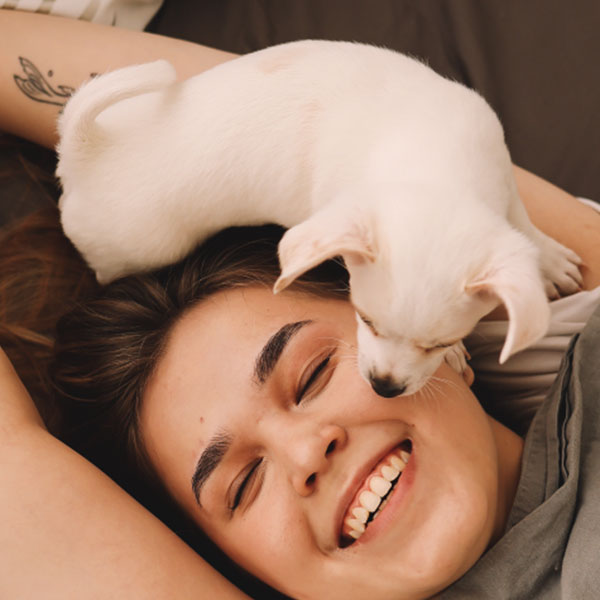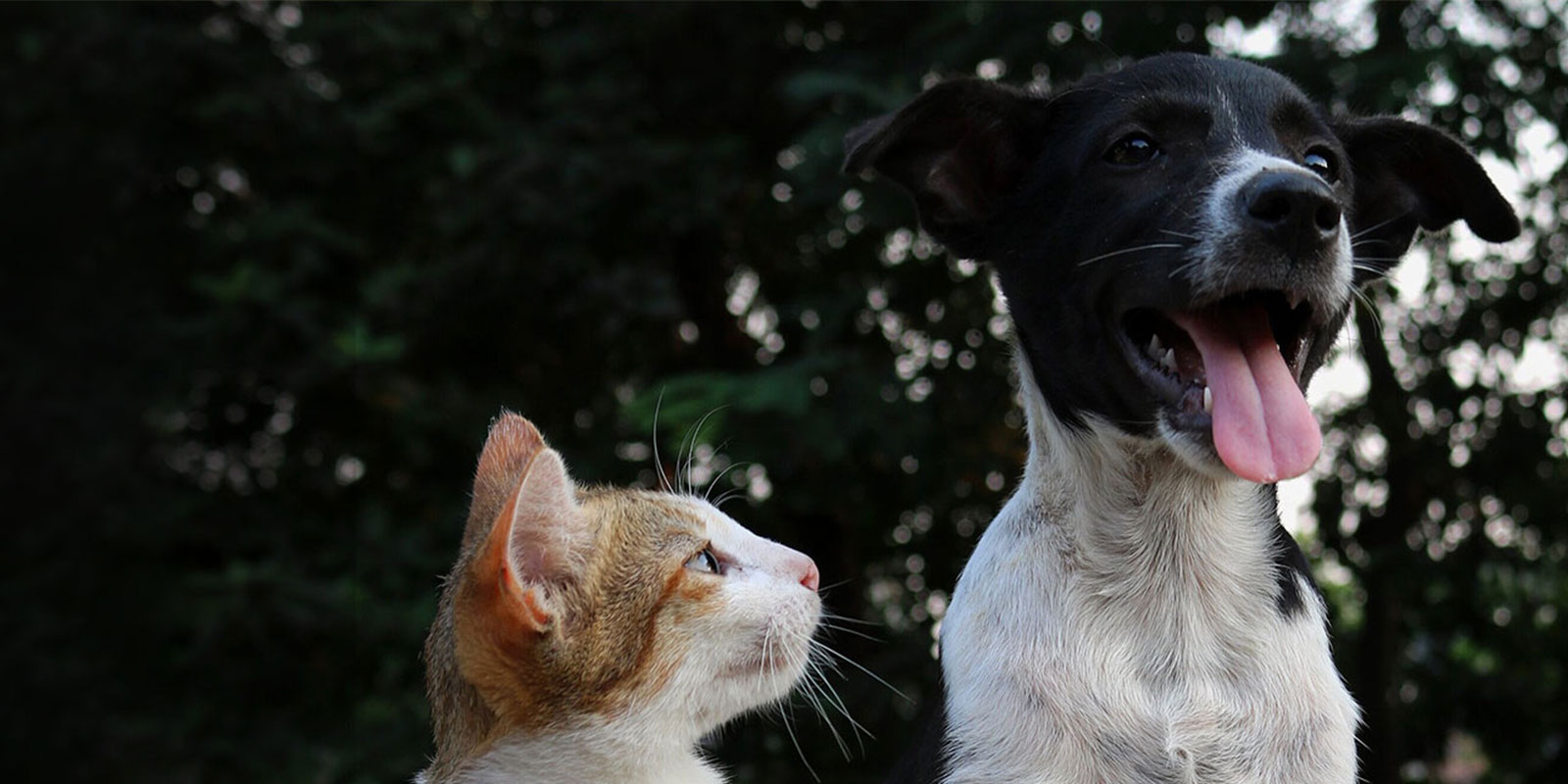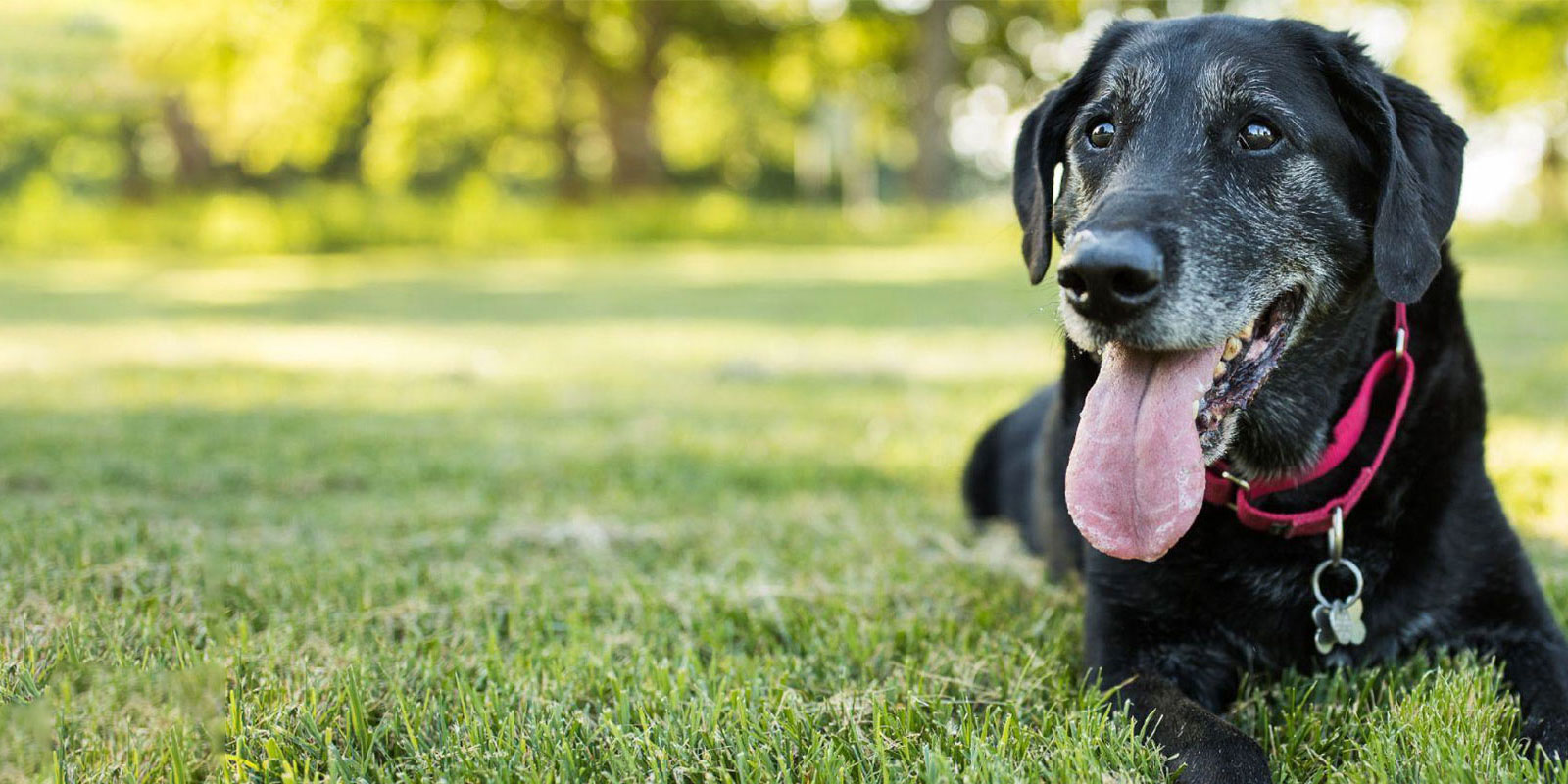Puppy Vaccinations
Just like us humans, it’s important for dogs to get vaccinated to protect from certain diseases.
Their vaccination schedule starts from just 6 weeks old and it’s important to keep up with the recommended schedule for puppies, as this will help ensure they’re properly protected from diseases such as canine parvovirus, canine distemper virus, infectious canine hepatitis, and infectious canine tracheobronchitis (kennel cough).
A typical vaccination schedule starts when your puppy is 6−8 weeks old; their second injection is at 10−12 weeks and their third and final ‘booster’ is at 14−16 weeks. This can vary depending on your location and the type of vaccine your vet uses. One thing to be aware of is that vaccinations can take up to two weeks to have their full effect, so unless your vet has advised otherwise avoid taking your puppy out and about, particularly to dog parks, beaches and other dog hotspots until 2 weeks after they have had their final vaccination.
Bringing your new puppy in for their vaccinations is a great way to get them acquainted with the vet. We’ll be here to make the experience as positive as possible, with lots of treats, toys and cuddles!
 Member Advantage
Member Advantage
And, if you’re a Best for Pet memberBest for Pet member, vaccinations are included as part of your plan.
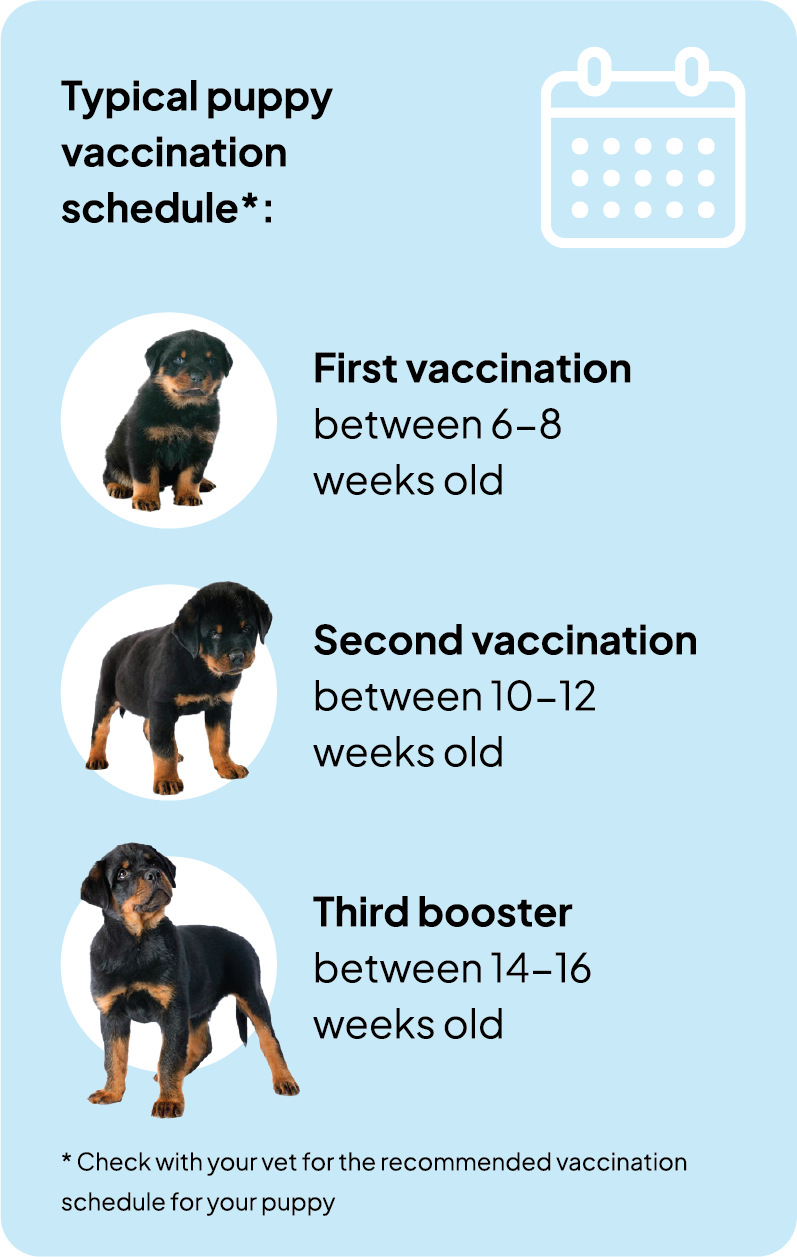
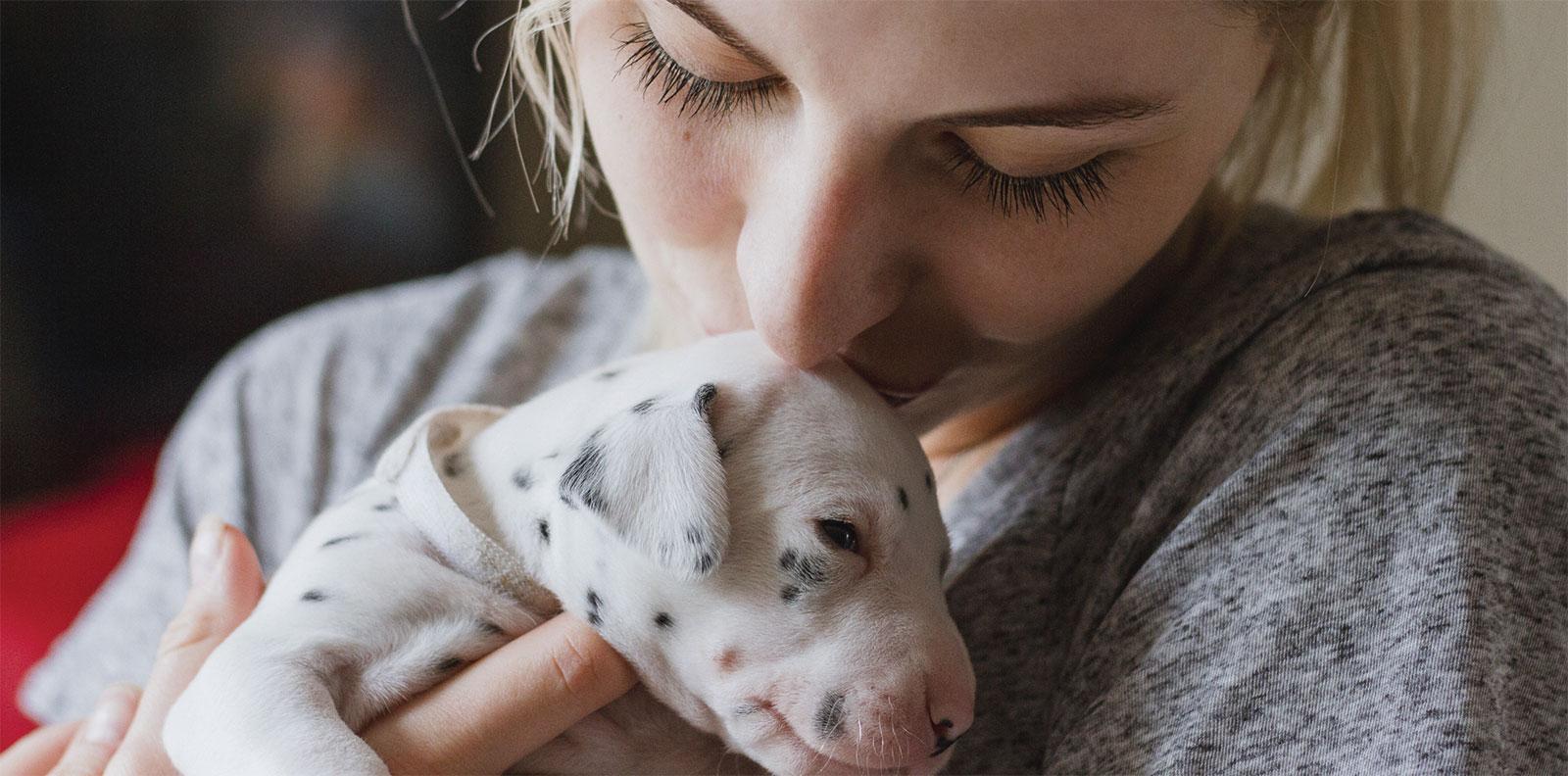
We’re here to help
If you have any questions about anything regarding your puppy, get in touch with us today, or bring them in for a check-up (we love meeting new puppies!)




 Member Advantage
Member Advantage








